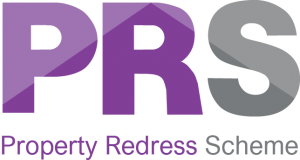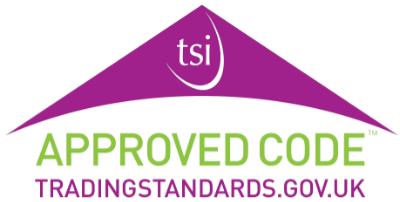
Summer Selling: How to Make Your Home Shine This Season
At S J Smith Estate Agents, we understand that selling your home is a big decision that requires careful timing and the right preparation. Summer presents a golden opportunity for homeowners to attract motivated buyers and achieve strong results. The longer daylight hours, warmer weather and school holidays increase market















